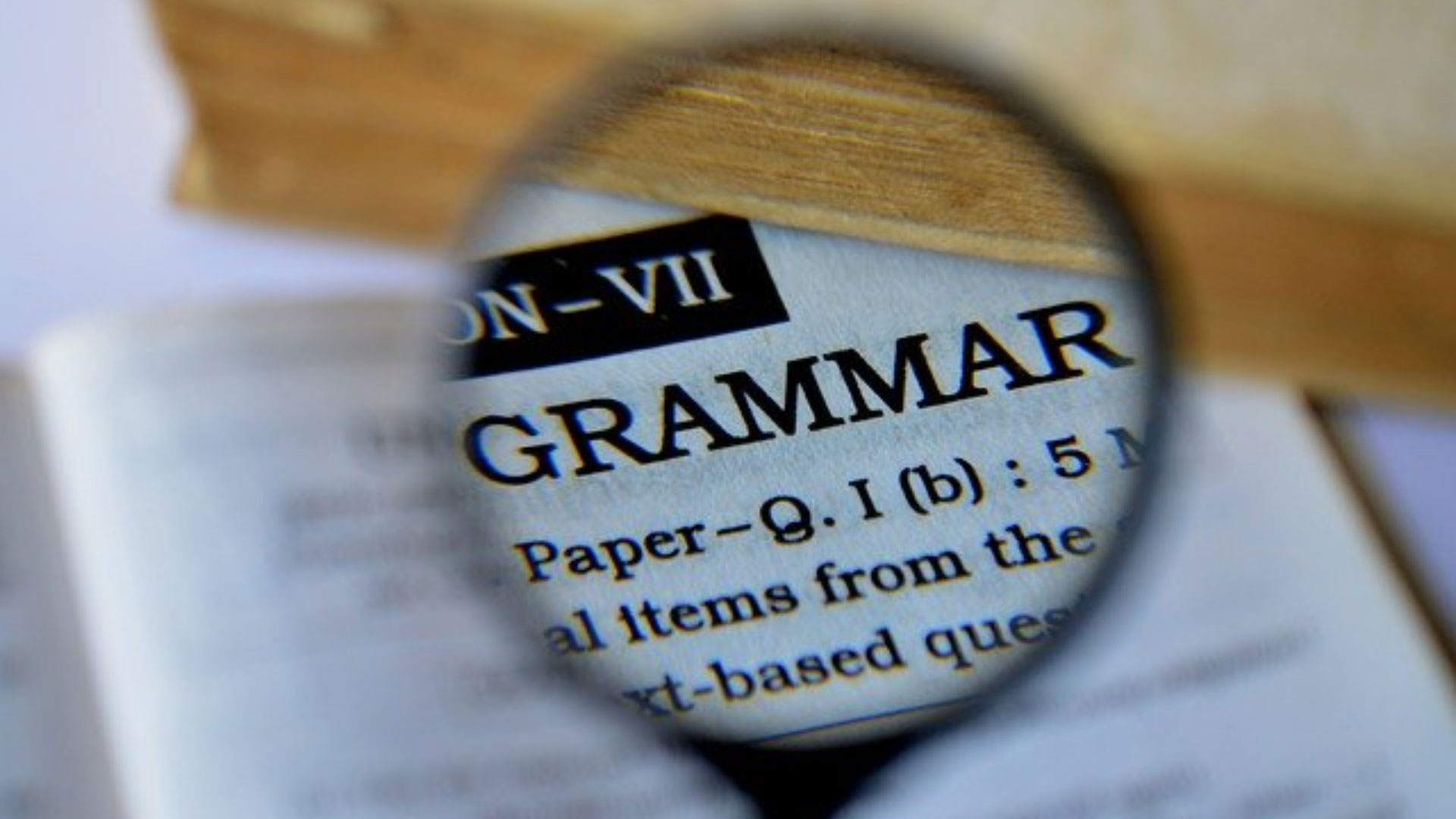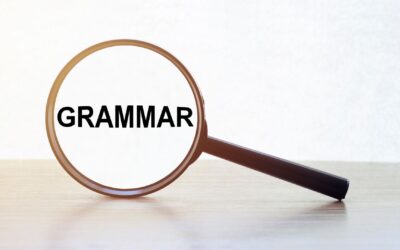Practice Worksheet
Transcript
Disclaimer
I am using an automatic transcript service as it is not possible for me to do it on my own and I cannot afford human transcription at the moment. The service claims to have about 95% accuracy, which means there will still be some mistakes, so my apologies for having a less than perfect transcript, but I hope I can afford human transcription soon and I will solve this problem. However, the service is pretty good, and the transcript is almost perfect.
Transcript
Welcome to a new episode from English plus podcast. Today’s episode is grammar intermediate, and we will talk about presence simple. Before we start. Let me remind you that you can find the transcript of this episode in a link. I will leave in the description and you will also find a link that will take you to Patreon.
[00:00:25] Where you can support English plus podcasts by becoming a patron of the show. And by doing that, you will get a PDF practice worksheet with every episode we release. But that being said, let’s start with our episode for today. And that is about the present. Simple, first of all, let’s take a look at this example.
[00:00:44] Alex is a bus driver, but now he is in bed asleep. He is not driving a bus. He is asleep. So if we think about it, Yes, he is a bus driver, but at this very moment, he is in bed. He is not driving the bus. So he is not doing this at this moment. He’s not doing it at the moment of speaking. So it’s not present continuous, obviously.
[00:01:10] So he is asleep now, but he drives a bus. He’s not driving a bus right now. But he drives a bus. So now that should give us a good introduction about the difference between present continuous and present simple. And we will talk a little bit more in focus on the present simple today, but first let’s see how we can form the present simple.
[00:01:35] And when we formed the present, simple, we can see that there is a difference between I, we, you and they, where we don’t change anything in the verb, we leave it as it is. So we say, I, we, they drive work. Do et cetera. But if we have he, she, or it, we add an S to the verb. So it becomes drives works or does. So that being said, let’s move on to talk about why.
[00:02:05] And when do we use the present simple. We use the present simple to talk about things in general. We use it to say that something happens all the time or repeatedly. Or that something is true in general. Let’s take a couple of examples to see how that works. In our first example, nurses look after patients in hospital.
[00:02:28] Well, am I talking about a special nurse? No. Am I talking about what a nurse is doing right now? Not necessarily what I’m talking about is what nurses do in general nurses. Look after patients in hospitals in general. So it’s not at the moment. I’m not looking at a nurse right now and say that she is looking after a patient.
[00:02:52] This patient or that base, I’m not being specific. I’m talking in general. And I don’t have to say in general, by just using the present simple, the meaning is clear that I am talking about something in general. Let’s take a look at another example. I usually go away at weekends. So here, when we say I usually go away at weekends.
[00:03:15] I am not talking about this weekend or last weekend or two weekends from now. I’m talking about a general thing that I do all the time or that I do repeatedly. I usually go away at weekends. Now for another example, the earth goes round the sun. The earth goes around the sun. Not right now, actually it is going around the sun right now.
[00:03:39] And anytime you big and you want to say, what’s the earth doing at the moment? Of course the earth is going around the sun, but I am not talking about it in this sense. I’m talking about something that is true in general. So the earth goes around the sun and that is a general truth. It’s a scientific fact.
[00:04:00] And one more example, the cafe opens at seven 30 in the morning. The cafe opens at seven 30 in the morning here. I’m talking about something that happens all the time. Every day. Actually it’s a timetable. The cafe opens at this time and closes at this time. So it happens every day. So this is what we said about the present.
[00:04:21] Simple. We talk about things in general. We use it to say that something happens all the time or repeatedly, or that something is true in general. Now don’t forget the S yes, we say I work, but if you want to say, Hey, we say he works. Yes. We say they teach. But if I want to say my sister teaches, yes, you can say, you go.
[00:04:44] But it goes, and yes, I can say I have what we say he has. So just remember to add the S whenever you have he, she or it now let’s take a look at how we can use the present simple in questions and in negatives. We use do or does to make questions and negative sentences. And we know by now that there is a difference between do and does we use do with I, we, you and they, and we use does with heat sheet and it, so here we say, do I, do you, do we, do they drive for example?
[00:05:25] But we say, does he, does she, or does it work? Now pay attention. We don’t put the S anymore because we used it with dust. So we don’t use it twice. And the same goes for negative. We use don’t or doesn’t we use don’t with I, we, you and they, but we use doesn’t with he, she it, so we say, I, we, you, they don’t drive, but we say he, she, it doesn’t work.
[00:05:56] And again, we don’t say doesn’t work. Because we already use the S with DUS, so we don’t use it twice. Let’s take a look at some examples and see how we use the present. Simple in questions and negative. I come from Canada. Where do you come from? So the question here is where do you come from? I’m talking about you.
[00:06:17] So I use do, and of course we put do before the subject, where do you come from? Another example. I don’t go away very often. I don’t go. I don’t go away very often. And I use don’t hear because the subject is I, but when we want to talk about something that refers to it, he or she. We used us, for example, what does this word mean?
[00:06:45] What does this word mean? Because this word is it obviously. So what does this word mean? And don’t forget because that’s a common mistake. Don’t add the S to the main verb when you use does. So we don’t say, what does this word means? We say, what does this word mean without the S another example, rice doesn’t grow in cold climates.
[00:07:09] Rice doesn’t grow. It doesn’t grow in cold climate. So here we’re using the negative form of the present. Simple and we use doesn’t for that. And again, remember, we don’t say doesn’t grows because we use the with, does we don’t use it twice with the main verb as well. Now sometimes do is also the main verb.
[00:07:33] And that might be a little bit confusing because do, is the helping verb. We use it to make questions. We use it to make negatives with a simple present, but sometimes do is also the main verb. So how do we say that? For example, we say, what do you do? Now the first dude is just used to make a question, but the second do is actually the main verb and the person will answer.
[00:07:57] For example, I work in a shop or we can say he’s always so lazy. He doesn’t do anything to help. So the first do which we use it here as he doesn’t, that is only used to create negative with present simple, but the second do. Is the main verb. He doesn’t do anything to help. Now with that being said, we will move on to talk about another use for the present simple.
[00:08:25] We use the present, simple to say how often we do things. For example, I can say I get up at eight o’clock every morning. So you see here, I use the present simple and there is something to tell me that I’m talking about how often I do this at this specific time. How often do you get up at eight o’clock?
[00:08:47] Well, every morning I get up at eight o’clock every morning that is present simple, because I’m talking about how often I do something or it can be a question. How often do you go to the dentist? How often do you go to the dentist once a year, once in a lifetime, once every six months. I’m just asking you to tell me how often you go to the dentist.
[00:09:11] How often do you go? That’s present simple or we can say Julie, doesn’t drink tea very often. She doesn’t drink tea a lot very often. I’m also talking about how often she does it, whether she does it very often, or she doesn’t do it very often. She doesn’t drink tea very often. It doesn’t matter. We’re still talking about how often she does something.
[00:09:35] And the final example, Robert usually goes away two or three times a year. So again, here, we’re talking about how often he goes away and we said two or three times a year. So Robert usually goes away two or three times a year. And there’s one more thing before we finish today’s episode. And that is to talk about special verbs.
[00:09:57] We usually use with the present simple. Now, what are these verbs? Sometimes we do things by saying something. For example, when you promise to do something, you can say, I promise to do this, to do that, et cetera. When you suggest something you can say, I suggest that you do this, that you do that, et cetera.
[00:10:18] And these verbs are used in the present. Simple, for example. I promise I won’t be late. You don’t say I’m not promising here. You don’t use the present. Continuous. I promise. Even if you’re making the promise at the moment of speaking, doesn’t matter, we still use the present simple or a person can ask.
[00:10:38] What do you suggest I do? And we asked this question a lot. When we want somebody else’s opinion, we say, what do you suggest I do? And the person can say, I suggest that you do this. You do that. It’s cetera. Now we use promise and suggest as we just mentioned in the examples, but we can do the same with other verbs as well.
[00:11:00] Like I apologize. I advise, I insist. I agree. And I refuse. Well, with that being said, that will be all for today. I hope you found the information in this episode useful, and I hope you learned more about the present simple, and now you can use it more correctly in your writing and speaking, don’t forget that you can find the transcript of this episode in a link.
[00:11:24] I will leave in the description and there’s also this link that will take you to Patreon. You can become a patron, the show and support our podcast. And by doing that. You will get a PDF practice worksheet with every single episode we release with that being said, this is your host, Danny saying, thank you very much for listening to another episode from English plus podcast.
[00:11:45] I will see you next time.











0 Comments